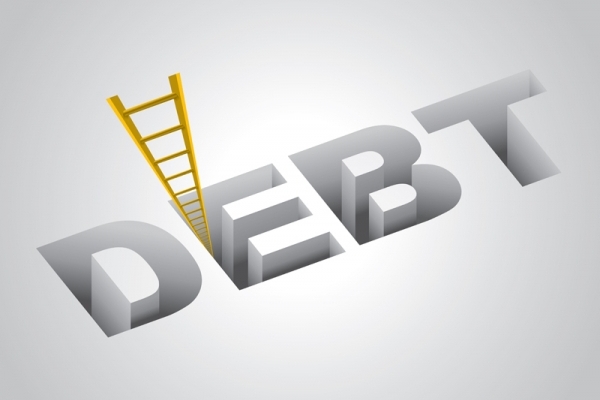Debt resolution goes hand in hand with debt management, if you have gotten yourself into a bad debt situation because of financial mismanagement you need to get out as soon as possible. Although getting into debt is quite easy, getting out of it is a different story if not hard. With many Australians using credit cards way above their means, it is no surprise that a lot of people are drowning in the weight of their debts. There are number of reasons why someone will be unable to manage their debts, one is the onslaught of unexpected events that influences you financially one way or another; emergencies that you are unprepared for. It is important to know the signs of financial problems early in order to address it effectively. If you are unable to find your own way out then a debt resolution option from a reliable debt resolutions company is your best choice.
Debt Resolution
One of the principles in business is that everything is negotiable. Even though it may seem that a term is set, you can always find a way to change it with a reasonable proposition. You can first start by contacting your creditors directly or you can ask for help from a financial counseling service like Clean Credit Debt Resolutions. They will talk to you about your options and speak to creditors on your behalf, negotiate your debts and reduce the payout figures while alleviating you of the pressures of dealing with your creditors and in time finding debt resolution.
Formal Arrangements for Debt Resolution
Formal arrangements tend to set forth if negotiations were a success or a failure. It includes Interim Relief, Debt Agreement and in the worst case Bankruptcy.
Interim Relief is you declaring an intention of presenting a petition. This would give you time to negotiate with your creditors because it delays them from seizing your assets to recover debts for a period of 21 days. Note that you can only petition one declaration every 12 months.
A Debt Agreement on the other hand is a settlement arrangement made between yourself and your creditors to settle your debts affordably. But when you and your creditors do not come to an agreement and you cannot pay your debt, this would mean total bankruptcy.
Bankruptcy can be voluntary or mandated by your creditor; regardless of the two it would mean confiscation of assets, deduction of income and the investigation of your financial affairs.
The above are of course in line with the Bankruptcy Act which provides formal options for dealing with financial debt. How you wish to get a debt resolution from the above options depends on your own individual financial situation. Please consult with a reliable debt resolution adviser before taking any one of these paths.







Leave A Comment